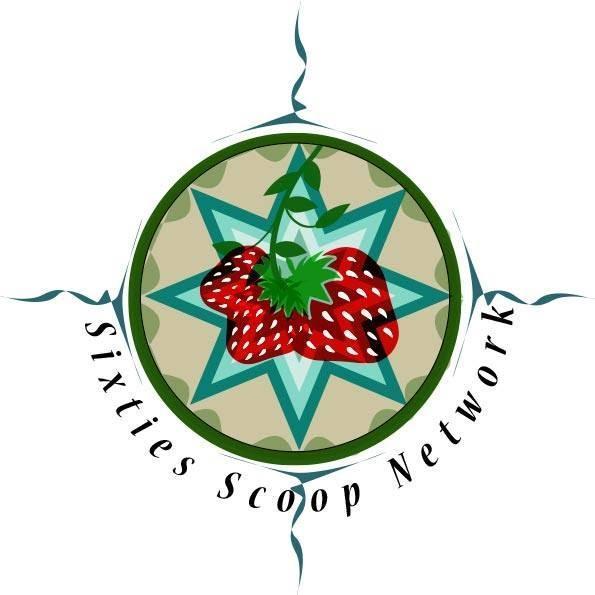
FOR IMMEDIATE RELEASE
Sixties Scoop Network launches innovative mapping project for 60s Scoop survivors
(Ottawa/Unceded Algonquin Territory – June 22 2020) This morning, the Sixties Scoop Network (formerly the National Indigenous Survivors of Child Welfare Network) launched a ground-breaking interactive map to visualize the displacement of Sixties Scoop survivors and share their stories.
The Sixties Scoop Network is launching In our own Words: Mapping the Sixties Scoop Diaspora in collaboration with Dr. Raven Sinclair, a University of Regina professor who initiated the Pe-kīwēwin project to uncover the history behind the policies that lead to a disproportionate number of Indigenous children in care. The project will support survivors in finding and reconnecting with family members and accessing services and support resources.
“Before today, there was nothing in place for 60s Scoop survivors to share their stories, visualize their geographic displacements, and reconnect with family members,” said Colleen Hele-Cardinal, a 60s Scoop survivor and creator of In our own Words. “It’s striking to see where the survivors were born and where they were relocated to – some were taken thousands of kilometres away from home to Europe, the US and overseas”
The mapping project is voluntary, survivor-led and participatory. Survivors are invited to directly input their own information into the online mapping system and share any information they wish. They will be able to add short videos, pictures and a short narrative about themselves. If survivors are looking to locate family members, they have the option of uploading a picture, file, short video or details on their family members. Participants will have the option of removing any of their identifying visual data from the platform at any time. However, anonymous statistical data, including the province or territory of child welfare removal; First Nations, Metis, Inuit identity; will be publicly available. The Sixties Scoop Network will have access to the platform’s data and 60s Scoop survivors will have access to their own information.
The mapping project – international in scope – will be a powerful tool for survivors to find family, connect with one another, and have their voices heard on their own terms. The data it generates will provide researchers and Indigenous communities with an unprecedented data visualization of how Canada’s colonial child welfare system displaced more than 22,500 Indigenous children from the 1950s to the 1990s.
For more information or media requests please contact Colleen Hele-Cardinal at sixtiesscoopmap@gmail.com or (613) 407 7057
Please see the attached for additional background information on the 60s Scoop and In our own Words: Mapping the Sixties Scoop Diaspora.
